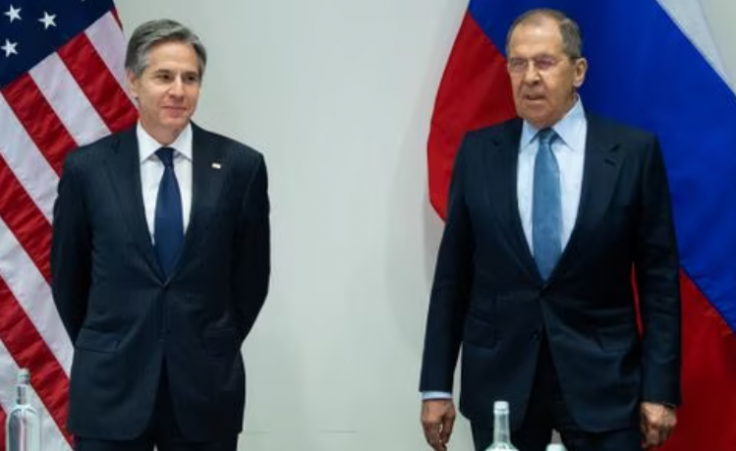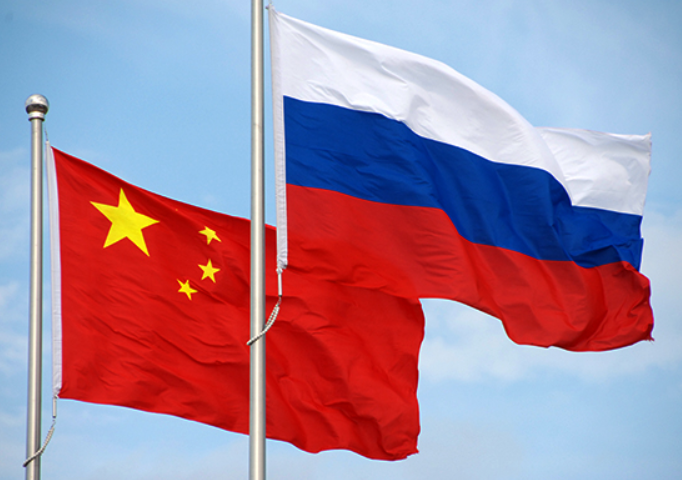US Secretary of State Antony Blinken and Russian Foreign Minister Sergey Lavrov held a discussion in New Delhi, India, on Thursday, marking the highest level personal engagement between Russian and American official since the start of the Ukraine war last year. The previous meeting between Blinken and Lavrov had taken place in Bali in January 2022.
1. No Progress on Ukraine
Blinken and Lavrov met and talked for more than 10 minutes on the sidelines of the G-20 summit being held in India. The meeting took place in the backdrop of the sinking of bilateral relations to new lows in the aftermath of the Ukraine war and Russia's recent decision to exit the START nuclear arms control treaty with the US.

2. Blinken Says US will Support Ukraine Indefinitely
Though the high-level meeting was a welcome step, it did not produce any significant outcome as both the sides stood steadfast on their declared stances. After the meeting, Blinken told the press that he communicated to Lavrov the US decision to continue supporting Ukraine indefinitely. "End this war of aggression, engage in meaningful diplomacy that can produce a just and durable peace," Blinken said. He also blamed Russian President Vladimir Putin. The Russian leader has "demonstrated zero interest in engaging", Blinken said.
3. Lavrov Says US Blocks Peace Deal
On his part, Lavrov said Russia will continue with its push for territorial control in Ukraine. He also made fun of the Western claim that Russia is isolated on the world stage. "....We aren't feeling isolated. It's the West that has isolated itself, and it will eventually come to realize it," Lavrov said. Lavrov also added that though Russia is open to talks, the West is effectively blocking negotiations. "They are calling on us to have talks, but I don't remember any Western colleagues calling on Ukraine to have talks ....They are encouraging Ukraine to continue the war," the Russian foreign minister added.

4. G-20 Position on Ukraine War
The G-20 summit demonstrated that the world's most influential bloc would not go by blanket resolution condemning the Ukraine war. Despite the US pressure, countries like India and South Africa did not offer support to the adoption of a unilateral resolution. In effect, some of the largest nations on the bloc -- Russia, China, India and South Africa -- effectively defied the western line on Ukraine war.
5. China Bolsters Russian Position
Though India urged world leaders to set aside differences and usher in peace in Ukraine, a formal resolution could not be passed a China joined Russia in opposing such a move. "We all have our positions and our perspectives on how these tensions should be resolved ... We should not allow issues that we cannot resolve together to come in the way of those we can," Indian Prime Minister Narendra Modi said.
However, amid concerns that China could supply lethal weapons to Russia, Beijing made it clear it would stand like rock behind Russia. "Russia and China were the only two countries that made clear that they would not sign off on the text," Blinken said.








